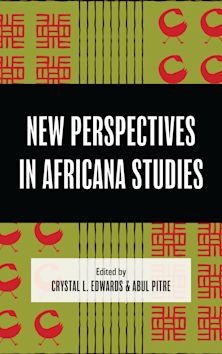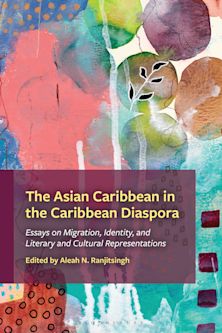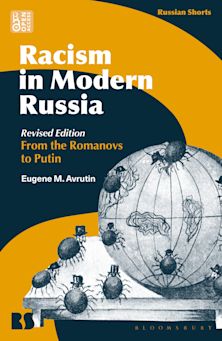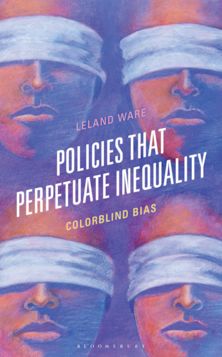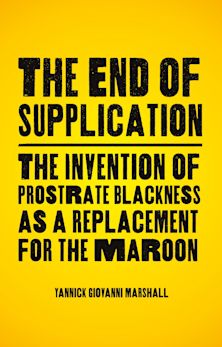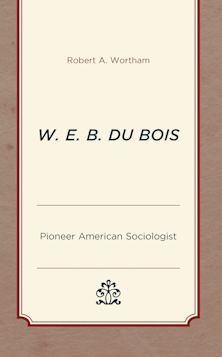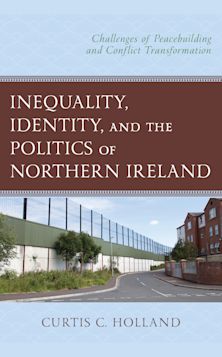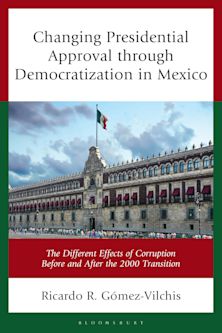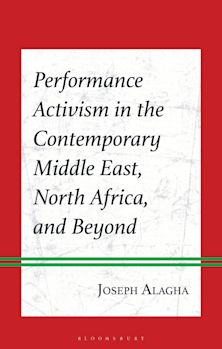Pachappa Camp
The First Koreatown in the United States
Pachappa Camp
The First Koreatown in the United States
This product is usually dispatched within 3 days
- Delivery and returns info
-
Free CA delivery on orders $40 or over
Description
Through new research and materials, Edward T. Chang proves in Pachappa Camp: The First Koreatown in the United States that Dosan Ahn Chang Ho established the first Koreatown in Riverside, California in early 1905. Chang reveals the story of Pachappa Camp and its roots in the diasporic Korean community's independence movement efforts for their homeland during the early 1900s and in the lives of the residents. Long overlooked by historians, Pachappa Camp studies the creation of Pachappa Camp and its place in Korean and Korean American history, placing Korean Americans in Riverside at the forefront of the Korean American community’s history.
Table of Contents
Chapter Two: Independence Movement and Korean National Association
Chapter Three: Korean Mission and Hakyo
Chapter Four: Pachappa Families
Chapter Five: Last Journey to America: The Deportation of Dosan Ahn Chang Ho (1924-1926)
Chapter Six: Point of Cultural Interest and Dosan Statue
Product details
| Published | Aug 23 2022 |
|---|---|
| Format | Paperback |
| Edition | 1st |
| Extent | 150 |
| ISBN | 9781793645180 |
| Imprint | Lexington Books |
| Illustrations | 6 tables; |
| Dimensions | 224 x 154 mm |
| Series | Korean Communities across the World |
| Publisher | Bloomsbury Publishing |
Reviews

ONLINE RESOURCES
Bloomsbury Collections
This book is available on Bloomsbury Collections where your library has access.












